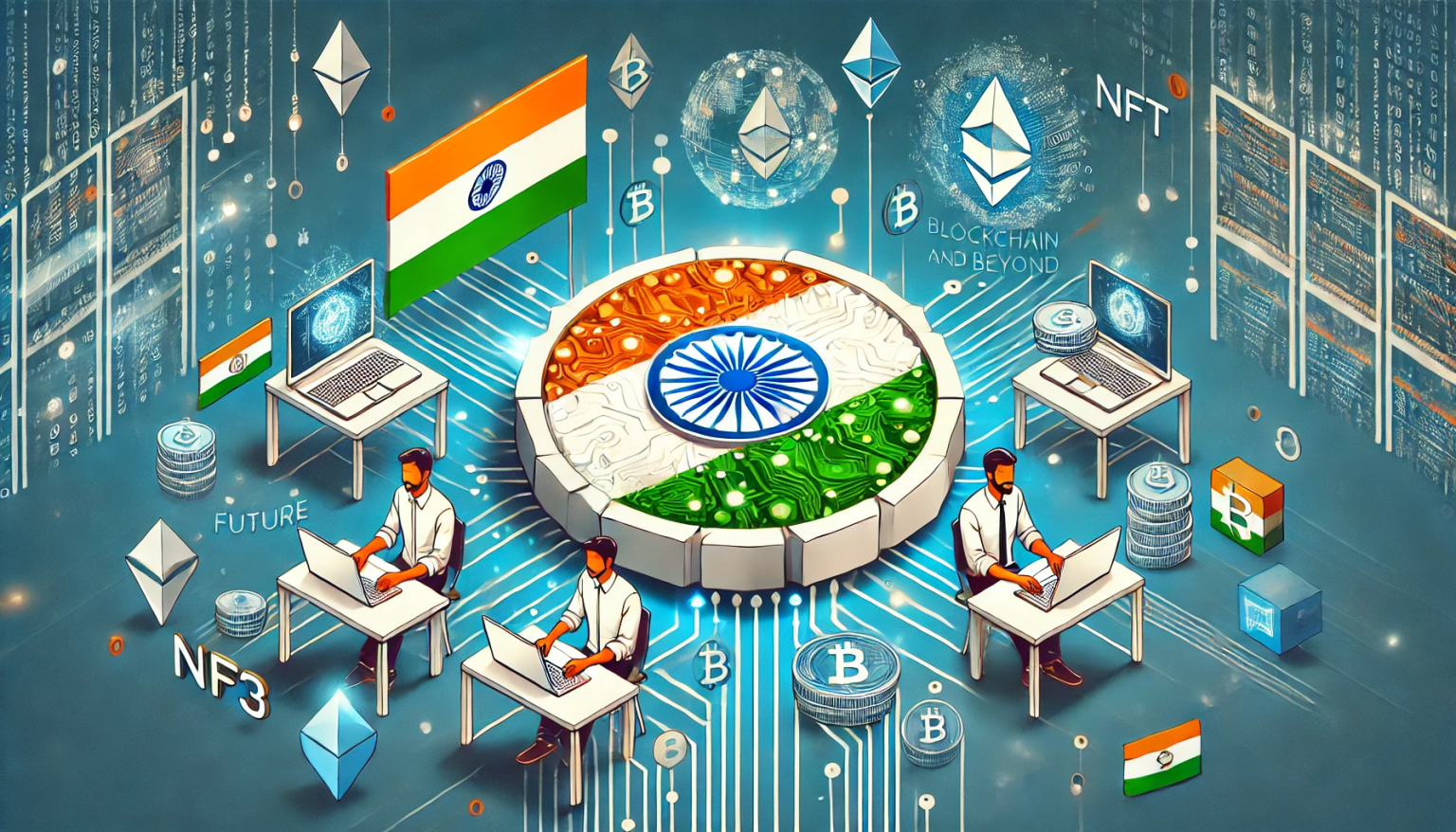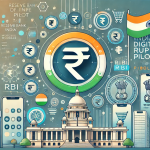Introduction
India is fast emerging as a key player in the global Web3 and blockchain industry.
With a booming tech sector and a large developer base, India is leading innovations in decentralized finance, NFTs, and blockchain infrastructure.
Despite regulatory hurdles, Indian startups, developers, and investors are shaping the future of Web3.
What Is Web3 and Why Is It Important?
Web3 refers to the next generation of the internet based on decentralized blockchain networks.
It focuses on giving users ownership over data, assets, and identities, moving beyond centralized platforms.
India’s participation in Web3 is crucial for technological leadership and digital sovereignty.
India’s Developer Strength in Blockchain
India has one of the largest pools of blockchain developers, contributing to global open-source projects.
Indian developers are building decentralized apps (dApps), smart contracts, and blockchain protocols.
Cities like Bengaluru, Hyderabad, and Pune are emerging as Web3 hubs.
Indian Startups Driving Web3 Growth
Startups like Polygon, CoinDCX, and InstaDapp are making global waves.
Polygon, India’s top blockchain project, is helping Ethereum scale via Layer 2 solutions, partnering with global giants.
These startups are attracting international funding and partnerships.
NFT and Gaming Ecosystem in India
India is seeing rapid growth in NFT platforms and blockchain gaming startups.
Artists and creators are using NFTs to monetize digital art, music, and collectibles.
Blockchain gaming is attracting young developers and gamers looking for new earning models.
Indian Talent on Global Web3 Platforms
Indian developers and entrepreneurs are playing key roles in international Web3 projects.
Many Indian-led teams are behind DeFi platforms, crypto wallets, and blockchain infrastructure used globally.
India is becoming a talent hub for major Web3 companies worldwide.
Challenges Facing India’s Web3 Industry
Lack of clear crypto and blockchain regulations is holding back full-scale growth.
High taxes on crypto earnings discourage innovation and long-term investment.
Many startups are moving operations abroad to avoid regulatory uncertainty.
Government’s Approach to Blockchain Innovation
Despite crypto restrictions, India’s government supports blockchain for public services.
Blockchain is used in land records, supply chain, healthcare, and digital identity solutions.
Authorities see blockchain as a tool for transparency and efficiency in governance.
Educational Push Toward Blockchain and Web3
Indian universities and private institutions are offering blockchain courses and developer bootcamps.
Programs focus on smart contracts, decentralized finance, and NFT development.
This education wave is preparing the next generation of blockchain innovators.
Web3 Investments and Venture Capital in India
Global VCs are investing in Indian Web3 startups, seeing massive growth potential.
Funding rounds for companies like Polygon, Hike, and Chingari show international interest.
India is attracting blockchain-specific funds focused on emerging markets.
India’s Position in Global Web3 Economy
India is seen as a future leader in decentralized technologies due to its tech talent and startup culture.
Indian entrepreneurs are collaborating with international teams on Web3 solutions.
The country is poised to become a major blockchain innovation hub if regulatory clarity improves.
How Web3 Can Benefit Indian Economy
Web3 can create new jobs, businesses, and digital economies in India.
It can empower creators, developers, and small businesses to participate in global markets.
Decentralized finance (DeFi) can improve financial access for India’s unbanked population.
What Experts Are Saying
Industry experts say India cannot afford to miss the Web3 revolution.
They urge government collaboration with startups to shape a clear Web3 policy.
Experts believe India could lead global blockchain adoption if regulatory hurdles are addressed.
Opportunities and Risks for India
India has the chance to lead Web3 development, but risks losing talent to friendlier markets.
Balancing security, compliance, and innovation will be key to growth.
A clear framework can unlock India’s Web3 potential and attract global investment.
Conclusion
India’s role in the Web3 and blockchain economy is growing rapidly despite challenges.
With its vast tech talent and vibrant startup ecosystem, India can become a global leader.
Regulatory clarity and government support will be crucial in realizing India’s Web3 future.








